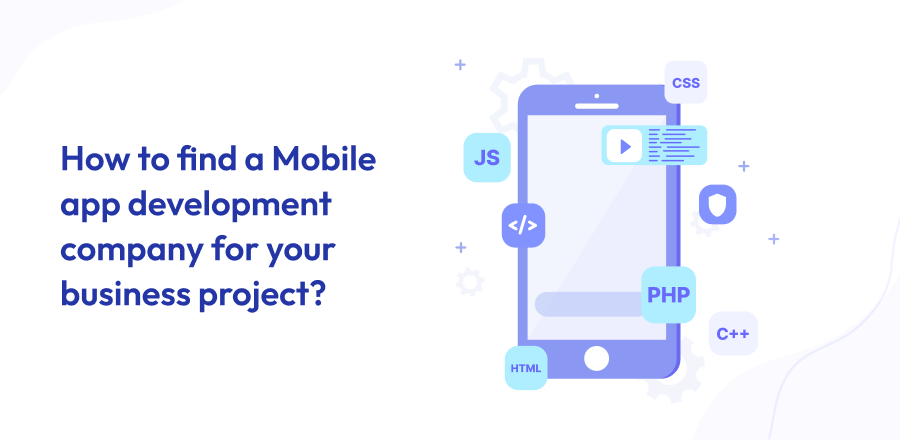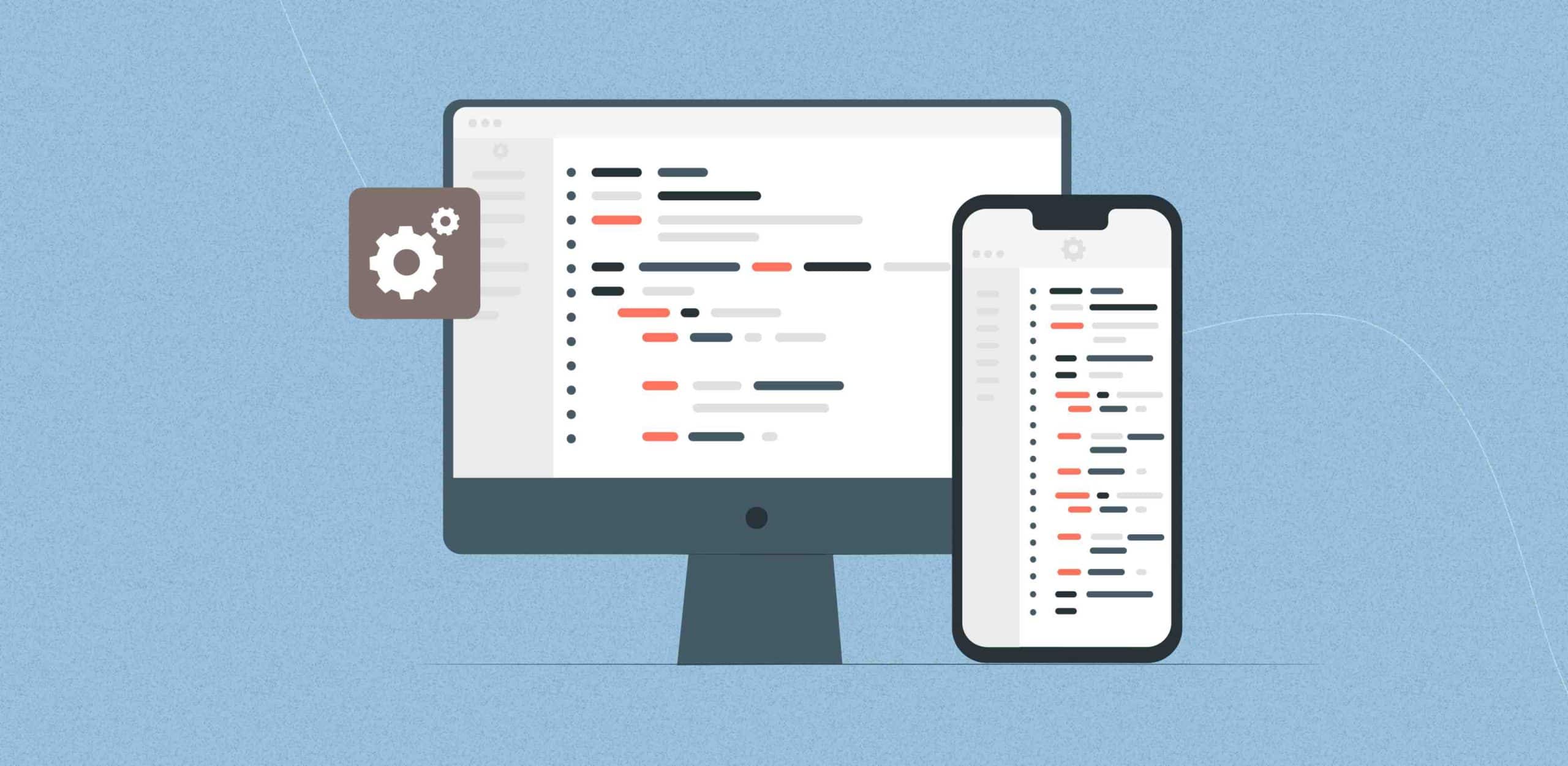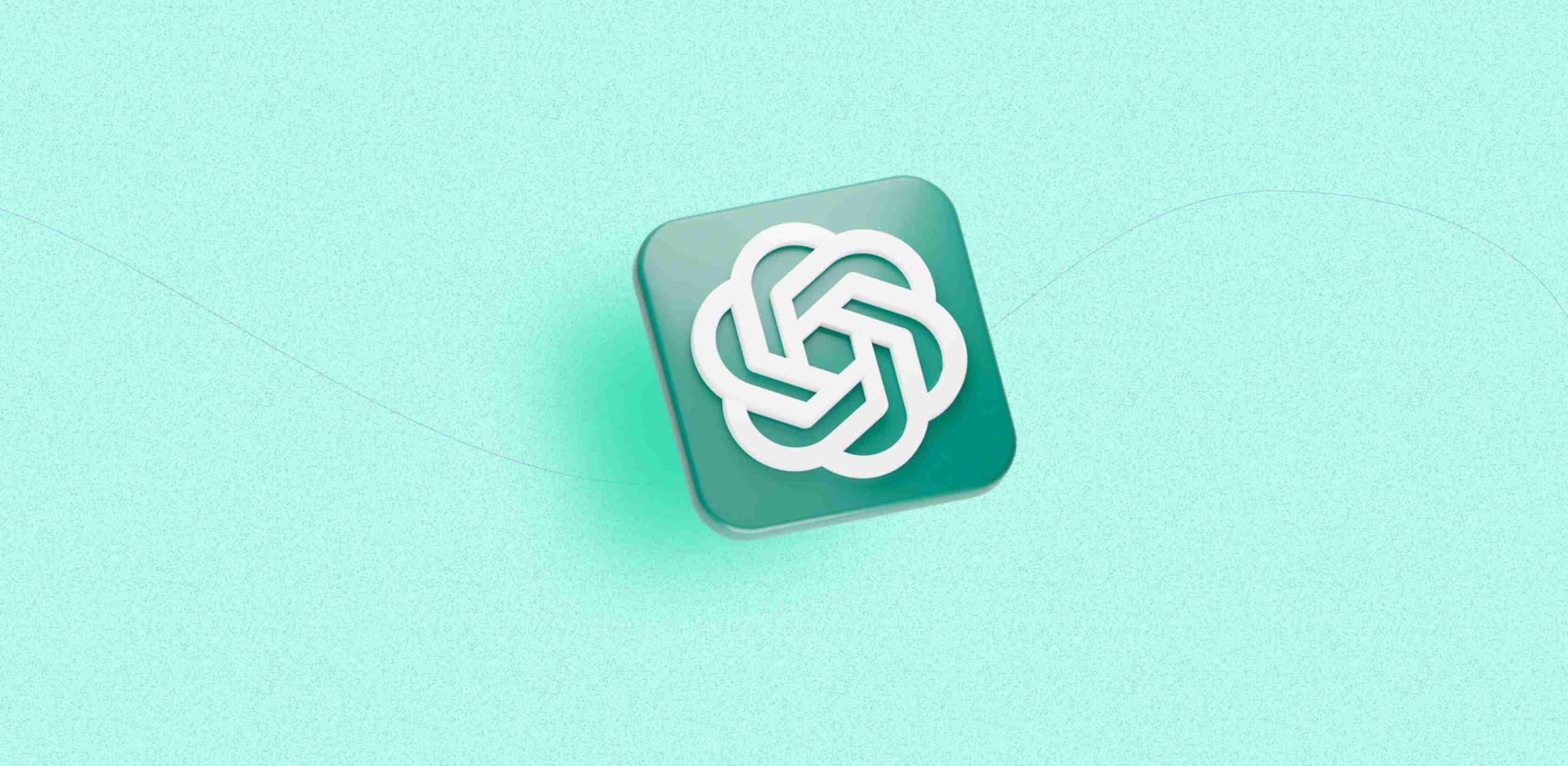A mobile app development company follows a set of processes and procedures that are involved in writing software for small, wireless computing devices and hand-held devices. Although mobile app development has its roots in more traditional software development, these apps are written in order to take advantage of the unique features of a particular mobile device.
When you plan on mobile app development, knowing the latest trends and technologies in the market can seamlessly guide you in choosing the right service provider for your project development.
What are the 3 types of Mobile apps?
Before getting to know the trends and technologies, let’s dig a little bit into the three types of Mobile apps. These three basic categories come up in mobile app development based on the technology used to code them.
Native apps
The Native mobile app development takes place specifically for a mobile device’s operating system (OS). They are built for just one platform. Thus, there can be native iOS apps, native Android apps, and native apps for other platforms and devices too. Since they are made specifically for one platform, you cannot mix and match the apps.
Web apps
Web mobile apps are similar to native ones, but they are accessed through a web browser on the mobile. These apps are not standalone ones. Actually, they are responsive websites that adapt its user interface to the device. So when you come across the option to install a web app, it simply bookmarks the website URL on your device.
Progress web is a kind of web app that is basically a web browser on a mobile device.
Cross platform apps
Cross platform app development is the process of developing web apps that look and feel like native apps. These apps are similar to native apps in look and feel. Also, it includes a home screen app icon, responsive device, fast performance, and they are even able to function offline.
What technology is used to develop mobile apps?
The Native mobile apps are coded with a variety of programming languages, such as Java, Kotlin, Python, Swift, Objective-C, C++, and React.
The Web apps are designed with HTML5, JavaScript, CSS, and similar programming languages.
Cross platform app development uses a mixture of web technologies and APIs. The technologies used are Ionic, Swift, Objective C, HTML5, and others.
Explore our Mobile App Development services now and embark on a journey of innovation and success.
What are the 5 major trends in mobile app development services?
Given below are the top 5 mobile app development trends in the market.
Augmented and virtual reality (AR & VR)
AR and VR are not recent in the tech world. The coming of 5G and the recent pandemic enabled AR and VR to get a stronghold in mobile app development.
5G upsurge
When the 5G saw its rising, the world started to adopt it steadily at a slow pace. The 5G-enabled devices are the explicit evidence that it has rapidly penetrated the smartphone market. Due to various benefits, 5G is expected to drastically transform mobile app usage.
The negative impact that comes up with the addition of new features won’t be an issue with 5G. It would reduce latency, ensures higher resolution, and provides higher connection density with faster performance. Also, it paves a way for easier integration of AR and VR with apps and reveals wide opportunities for the developers to implement iOS mobile application development ideas and develop advanced apps.
Wearable app integration
The wearable devices industry has expanded widely during these recent years. Google’s announcement of a unified wearable platform assures the escalation in wearable technology popularity.
This clearly shows that mobile app development service providers will ensure that the mobile applications work seamlessly on wearables.
Internet of Things (IoT)
The number of devices that are connected to the internet is increasing day by day. A voice-enabled mobile device is something that got recently added to the mobile app development market. Google Home Voice Controller and Alexa have become common things in the lives of people.
This is the right time for mobile app developers to grab the chance as the demand for IoT-enabled apps will surge in the upcoming days.
Artificial Intelligence (AI)
Artificial intelligence (AI) took over mobile app development for the past few years and continues to be so. In leveraging Artificial Intelligence (AI), you can incorporate advanced software development in order to offer better apps to users.
End-note
The whole mobile app development process involves a lot of technical detail. Prior to choosing your suitable service provider, think about what are your business goals, and based on that, build a strategy about how you will be utilizing the app. Later, to analyzing your business needs, hire a mobile app development company with experience and skills. Carefully market the app you have developed and try to keep it well-maintained for the user’s continuation.
Let’s transform your business for a change that matters.
F. A. Q.
Do you have additional questions?
The mobile app development cost range is based on your project requirements. It all depends on the app type and its intended use.
- Identify a problem
- Validate your idea
- Do your research
- Build a mobile app development strategy
- Understand the technology
- Build a Minimum Viable Product (MVP)
- Double down on design
- Swift
- C++
- Java
- HTML5
- PHP
- Flutter
- React Native
- Kotlin and so on














